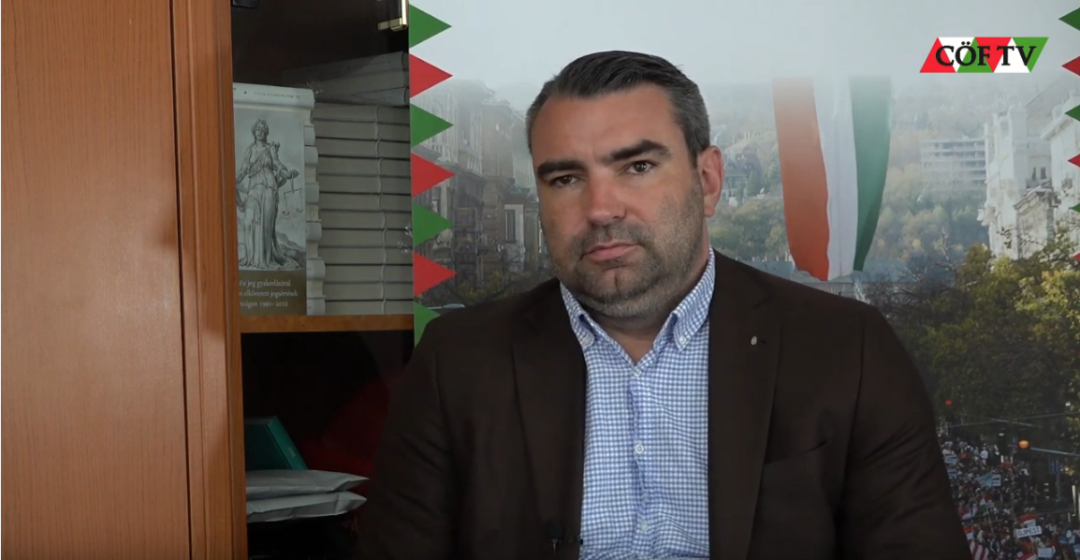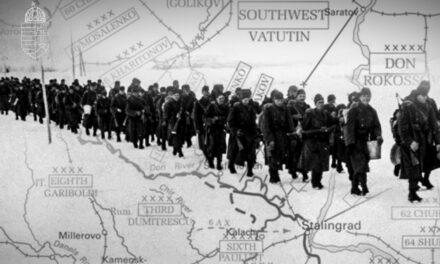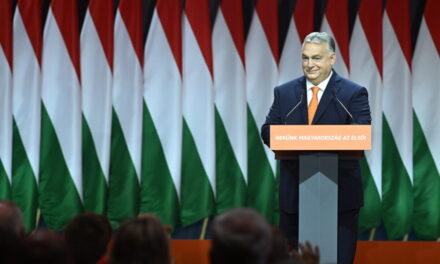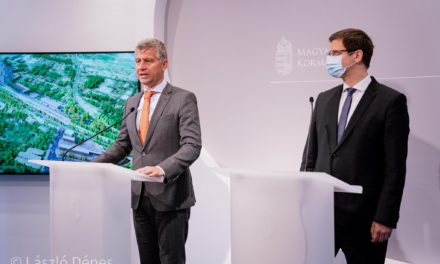The rejection of the most pressing issues – sanctions on gas deliveries and nuclear fuel elements, as well as those affecting food prices – was the highest in the national consultation, according to a conversation with the legal expert of Századvég on the Monday evening program of the current channel M1.
Zoltán Lomnici Jr. emphasized that 1.4 million people participated in the national consultation, and over 90 percent rejected the sanctions in all seven questions. Századvég's recently published research can be paralleled with these results, he noted.
Zoltán Lomnici Jr. put it this way: the national consultations introduced since 2010 not only justified the government's measures, but also gave "prophetic" predictions on many issues, for example in the case of migration.
He called it good news that so far there has been no cold weather in the winter that would have tested "how harmful" the sanctions are.
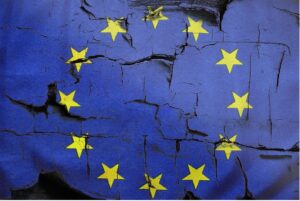
Fresh news:
On Monday, the European Commission rejected the results of the National Consultation on EU sanctions against Russia, Euroactiv reported.
However, according to the European Commission's point of view, "a very low proportion of the citizens surveyed took part in the consultation", Euroactiv quotes Peter Stano, the spokesperson for EU foreign affairs, as saying in Brussels.
According to official data, less than 1.4 million of Hungary's 8.2 million registered voters took part in the consultation process that took place between October 14 and December 15, the newspaper reports. As they put it: "the EU swept away the results of the Hungarian national consultation on Russian sanctions".
However, the criticism of Brussels regarding participation is quite double-edged, since while the Commission talks about low participation in connection with the National Consultation, the board itself announces regarding an online consultation completed by 5 thousand people that according to its results "the young people decided", even though - the Commission according to its current criticism – it should have actually had more than 60 million participants.
Another interesting fact is that the Euroactiv article does not mention how the EU's foreign affairs spokesperson evaluates the opinions of the 1.4 million Hungarians participating in the National Consultation.

